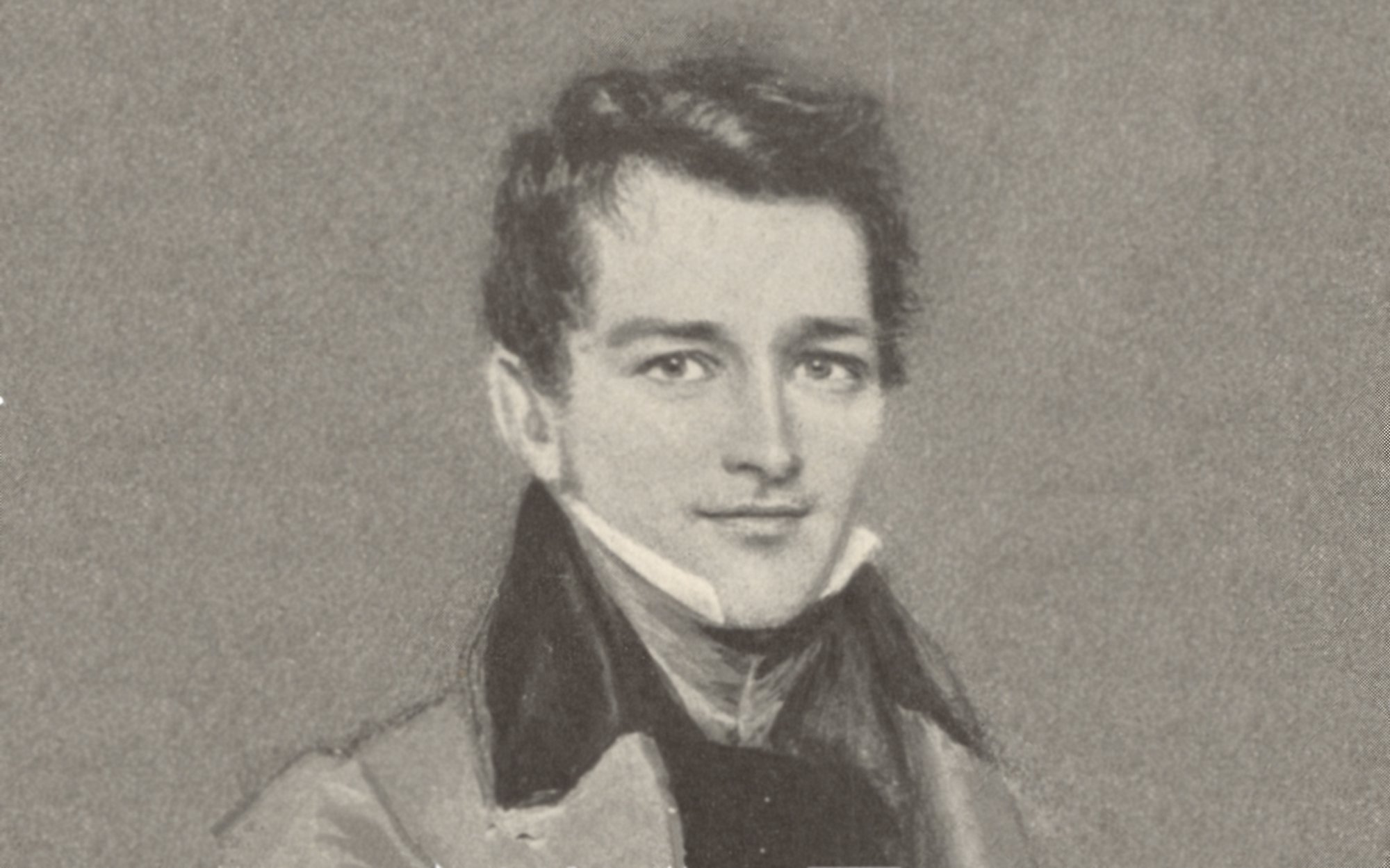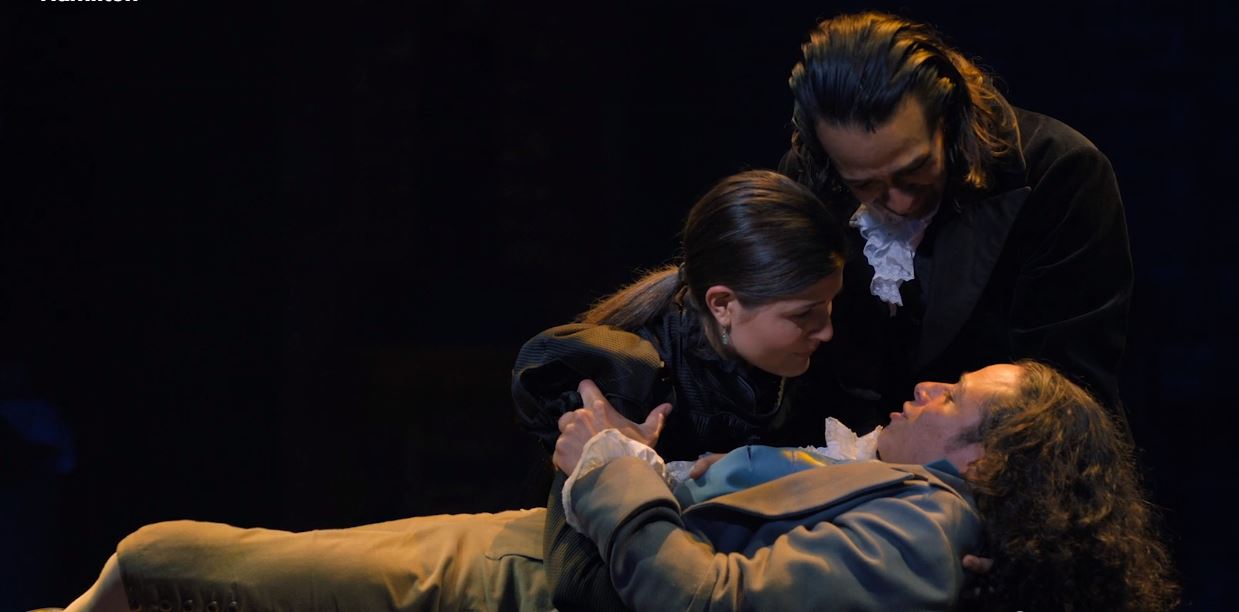‘Hamilton‘ is a stage recording of one of the most influential musicals of the 21st Century of the same name. The incredibly successful musical tells the tale of one of the founding fathers of the nation, Alexander Hamilton in a compelling and appropriately revolutionary manner. Modern music and storytelling methods are used to depict a story of the past. On the other hand, non-White actors are cast in the roles of Caucasian figures, in order to paint a picture of what the actual United States looks like today.
‘Hamilton’ is inspired by the biographical novel, ‘Alexander Hamilton’ by Ron Chernow. It basically tells a rags-to-riches story of the titular character from being “a son of a whore” to death. One of the things viewers would have wondered about is how his eldest son, Philip Hamilton died.
How Did Philip Hamilton Die?

Born on January 22, 1782, Philip Hamilton was the eldest son of Alexander Hamilton. According to Chernow, “like his father when he was younger, Philip had a wayward streak—Troup called him a “sad rake”—and drifted into escapades that required gentle paternal reprimands.” In 1800, Philip Hamilton graduated from Columbia College with honors and proceeded to study law.
The death of Philip Hamilton is related to a speech given by a young Republican lawyer named George Eacker in 1801. In the speech, he had accused Alexander Hamilton of using the American military for political gains. His words were: “To suppress all opposition by fear, a military establishment was expressly created under pretended apprehension of a foreign invasion” (as cited in Chernow’s ‘Alexander Hamilton’). The speech was published and Philip Hamilton obviously did not appreciate the accusations against his father.
Four months after the speech, on November 20, 1801, Philip Hamilton spotted Eacker at Manhattan’s Park Theater, by chance. He had gone for a performance of the comedy, ‘The West Indian.’ Philip used this opportunity to taunt Eacker about his speech. In response, Eacker called him a “rascal.” After their altercation, a duel was set up to resolve the differences. In New Jersey, a poorly arranged duel was carried out which resulted in no injury and hence, no result. There were attempts at negotiations after that, but Eacker refused to take the word, “rascal” back. Another duel was arranged.
Amidst all of this, Alexander Hamilton faced a moral dilemma. “Hamilton was trapped in a dilemma that later plagued him with Burr. He believed in rebuking insults to one’s integrity and abiding by the gentlemanly code of honor, but he grew increasingly critical of dueling as he returned to the religious fervor of his youth.”
Hence, as a way out, he thought of a form of middle ground. He asked Philip to not raise his gun on command first and let his opponent take a shot. That way, if he was shot, his (Philip’s) death would be considered murder and be honorable. Philip listened to his father and did not raise his pistol. Eacker, for some time, did not raise his pistol too. However, Eacker did take a shot after a while. The bullet hit Philip above his right hip and lodged in his left arm. The shot proved to be fatal. Philip was rushed for medical assistance. However, he could not survive the wound and passed away at five in the morning the next day. The date was November 24, 1801, less than three years before Alexander Hamilton would die in a duel in a similar fashion.
Read More: Where Can I Watch Hamilton?

